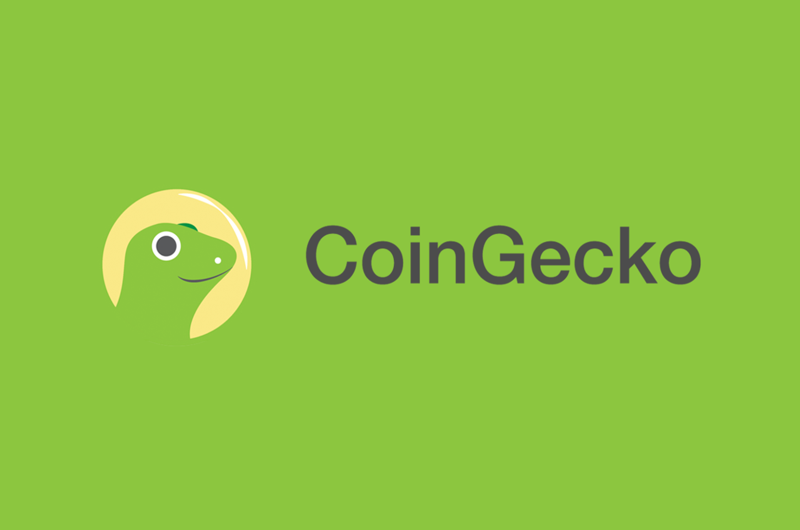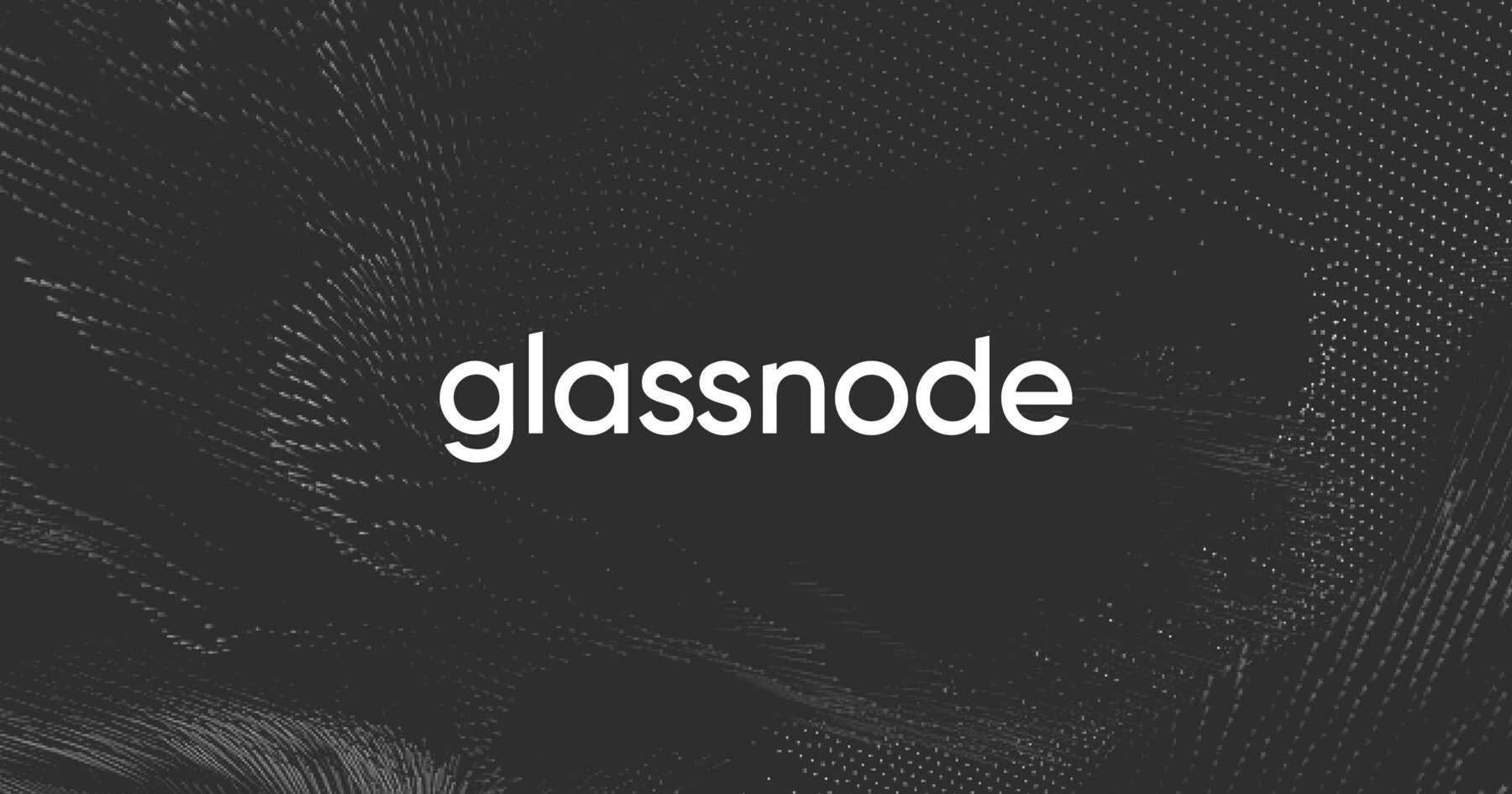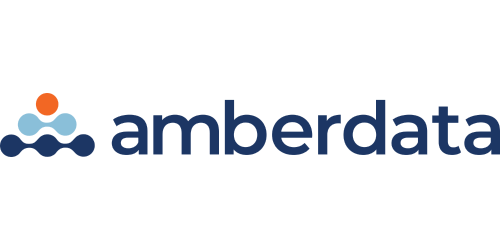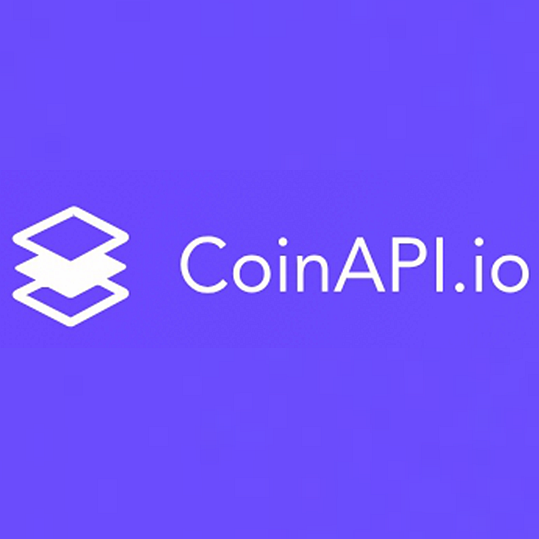The digital asset market is, by nature, a market of information asymmetry. Whether it’s traders, developers, or institutional investors, their success depends on their ability to acquire, process, and leverage vast amounts of data — spanning everything from on-chain transactions to complex derivatives positions.
In this data-driven arena, Application Programming Interfaces (APIs) have become the lifeblood connecting data sources with innovative applications. They form the foundation for building trading strategies, powering decentralized applications (dApps), and conducting market research.
However, the crypto data API landscape is far from monolithic. It is composed of numerous highly specialized segments. Different providers cater to diverse user needs, offering distinct data products and business models.
This report aims to deliver an authoritative, in-depth analysis of the industry’s leading data API providers, namely: CoinGlass, CoinMarketCap (CMC), CoinGecko, Amberdata, Glassnode, and CoinAPI.
CoinGlass

CoinGlass is a professional cryptocurrency derivatives data analytics platform dedicated to providing global users with accurate, real-time market data and analytical services. Its mission is to help participants in the crypto market make informed investment decisions, reduce risk, and enhance returns.
The CoinGlass API suite is built around the core needs of derivatives trading, offering far more than basic price information by delivering in-depth, multidimensional metrics. Its key data categories include:
Open Interest: Provides multi-dimensional open interest data, including historical OHLC (Open, High, Low, Close) data, aggregated statistics, and granular segmentation by stablecoin- and coin-margined contracts. This allows users to precisely track capital flows within the derivatives market.
Funding Rates: In addition to standard rates, CoinGlass provides open-interest- and volume-weighted funding rates, offering a more reliable gauge of market sentiment.
Long/Short Ratios: Covers multiple dimensions such as global accounts and top trader accounts, revealing the directional bias of different market participant groups.
Liquidation Data: One of CoinGlass’s most distinctive features. Beyond historical liquidation events, the platform has developed proprietary Liquidation Heatmaps and Liquidation Maps that visually highlight price zones where large clusters of stop-loss and forced liquidation orders are likely to occur—providing traders with valuable risk alerts.
Comprehensive Indicators: CoinGlass extends beyond derivatives, integrating on-chain metrics (e.g., the Fear & Greed Index, Stock-to-Flow models) and macro data (e.g., Bitcoin and Ethereum ETF flows), enabling users to construct a holistic analytical framework from macro to micro perspectives.
CoinGlass’s pricing strategy reflects its positioning as a “prosumer” (professional consumer) platform. Paid plans start affordably—such as the “Hobbyist” package at just $29 per month—aiming to democratize professional-grade analytical tools for advanced individual traders and small proprietary trading firms.
CoinMarketCap

CoinMarketCap (CMC) is one of the most recognized and trusted data sources in the cryptocurrency market, serving millions of users worldwide. It is widely regarded as an industry benchmark and authoritative reference for digital asset data.
The CMC API is designed to deliver broad and comprehensive market coverage, with its endpoints primarily organized into several major categories:
Cryptocurrency Data: Provides the latest prices, market capitalizations, trading volumes, historical quotes, and OHLCV (Open, High, Low, Close, Volume) data.
Exchange Data: Includes exchange rankings, trading pairs, and detailed market data.
Global Macroeconomic Indicators: Offers market-wide metrics such as total market capitalization and Bitcoin dominance.
CMC’s data coverage is extensive—tracking millions of digital assets and over 790 exchanges, while offering up to 14 years of historical data for long-term analysis.
The platform uses a tiered subscription pricing model to cater to a broad range of users, from casual enthusiasts to large enterprises:
Free Plan: Provides up to 10,000 API calls per month, limited to real-time market data endpoints and excluding access to historical datasets.
Paid Plans: Range from the “Hobbyist” plan at $29/month to the “Professional” plan at $699/month, with customized enterprise solutions available. Higher tiers grant access to greater monthly call quotas, longer historical data access, and commercial usage rights. Annual subscriptions typically come with a discounted rate.
CoinGecko

CoinGecko, founded in 2014, is renowned for its independence and extensive coverage of the emerging Web3 ecosystem, making it one of the leading data aggregators in the cryptocurrency industry.
The CoinGecko API offers over 70 endpoints, with data breadth being one of its core strengths—particularly in its coverage of decentralized finance and Web3 assets.
Extensive Asset Coverage: Tracks more than 19,000 cryptocurrencies across 1,400+ exchanges, ensuring comprehensive market visibility.
Web3-Native Data: Includes dedicated endpoints for NFTs and on-chain DEX (decentralized exchange) data, giving CoinGecko a significant edge in serving next-generation decentralized applications.
Comprehensive Market Data: Beyond the Web3 domain, the API also provides standard datasets such as token prices, historical data, exchange information, and derivatives data.
CoinGecko adopts a tiered subscription model designed to meet the needs of users ranging from developers to large enterprises:
Free “Demo” Plan: Offers developers a gateway for testing and integration, though with limited functionality and API call quotas.
Paid Plans: Start at $129 per month (or $103 per month with annual billing) under the “Analyst” tier. This entry point is higher than some competitors, signaling CoinGecko’s focus on professional-grade users. Higher-tier plans unlock greater call limits, faster rate allowances, and access to exclusive enterprise-level endpoints.
Glassnode

Glassnode specializes in providing deep on-chain analytics, designed to extract actionable investment signals and market insights from raw, noisy blockchain data.
The company’s core innovation lies in its proprietary entity-adjustment and clustering algorithms, which allow Glassnode to deliver contextualized, high-fidelity on-chain metrics unavailable elsewhere.
Extensive Metrics Library: Glassnode’s API endpoints are organized into categories such as addresses, transactions, entities, fees, and supply, encompassing hundreds of unique indicators. Examples include metrics like “volume of long-term holders transferring to exchanges” or “number of addresses with balances greater than 1,000 BTC.” These metrics offer distinctive perspectives on investor sentiment and capital flows.
Data Quality: Glassnode emphasizes rigorous data quality standards—every indicator undergoes a strict internal QA process by its data science team before release.
Glassnode’s business model positions its API as an exclusive tool for institutional clients and professional quantitative analysts:
Tiered Access: The flagship product, Glassnode Studio, offers plans ranging from free access to the “Professional” tier at $999 per month (billed annually).
API as an Add-On: API access is not included by default in any subscription tier. It is available only as a premium add-on for “Professional” users who must contact Glassnode’s institutional sales team directly. This approach preserves the scarcity and high value of its data, firmly establishing the API as a professional-grade solution tailored for hedge funds, family offices, and institutional research desks.
Amberdata

Amberdata positions itself as the end-to-end data backbone for financial institutions entering the digital asset space, focusing on delivering reliable, comprehensive, and compliant data to support critical business functions such as trading, risk management, accounting, and regulatory compliance.
The platform’s data coverage is exceptionally broad, purpose-built to meet the complex requirements of institutional clients:
Comprehensive Data Coverage: Encompasses data from over 1,000 exchanges, 500,000 trading pairs, and 13 years of historical records. Its data universe spans spot, futures, and options markets, as well as DeFi protocol flows and deep on-chain analytics.
Institutional-Grade Products: Provides specialized solutions for institutions, such as market manipulation–resistant reference rates used for ETF pricing and Net Asset Value (NAV) calculations.
Flexible Data Delivery: Beyond standard REST APIs and WebSocket streams, Amberdata’s standout feature is CloudSync, which delivers analysis-ready datasets directly into clients’ existing cloud data warehouses (e.g., Snowflake, Google Cloud Analytics Hub, and Databricks). This drastically reduces integration and infrastructure overhead for institutional users.
Amberdata is entirely enterprise-focused, and its pricing model reflects this orientation. It employs a non-transparent, “contact sales” approach, offering customized solutions and contracts tailored to each client’s needs. Backing from major financial institutions such as Citibank, Galaxy Digital, and Pantera Capital underscores Amberdata’s leadership and credibility in the institutional data market.
CoinAPI

CoinAPI’s core mission is to provide extreme speed, granular data, and broad protocol support for algorithmic and high-frequency trading (HFT), positioning itself as an all-in-one cryptocurrency data solution for professional trading environments.
The platform’s technical architecture is explicitly designed to serve high-performance, latency-sensitive users:
Protocol Support: In addition to standard REST and WebSocket protocols, CoinAPI also supports the FIX protocol, the long-established standard in traditional finance for low-latency trading systems. This enables seamless integration with professional-grade trading infrastructure.
Data Types: Offers raw, real-time market data—including trade executions, order books, and quotes—with microsecond-level precision, a critical capability for executing high-frequency strategies.
CoinAPI employs a uniquely detailed and usage-based pricing model, tailored to the needs of professional and institutional users:
Usage-Based Billing: Charges are divided into REST Credits (for API calls) and WebSocket Tiers (for data streaming volume), each with multiple service levels and pricing tiers. This model enables highly granular cost control.
Flexibility: While this structure may be overly complex for casual developers, it is a key advantage for HFT firms that need to tightly align data costs with trading activity.
Paid plans range from the “Startup” plan at $79/month to the “Pro” plan at $599/month, with custom enterprise packages available for larger institutions requiring tailored performance, data volume, or SLA commitments.

